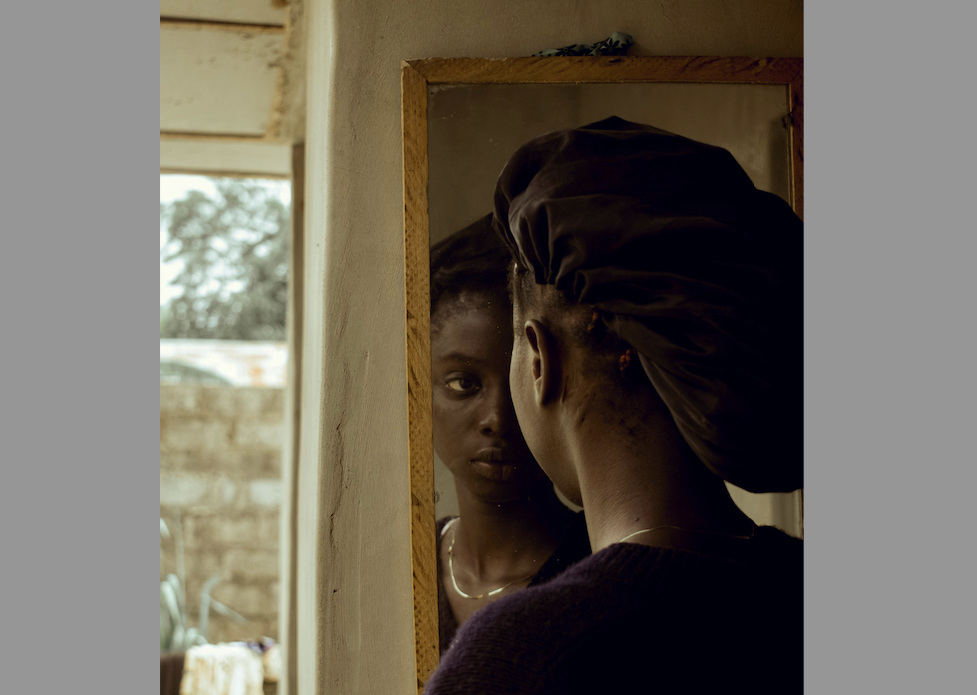In each of the four schools I’ve attended—a supplemental school, a middle school, and two high schools—there’s something that never seems to change: that moment in the morning when you walk into school. As I make my way to class, weaving through the hallways filled with chatter, the first word that catches my attention isn’t “Good morning” or any other respectful greeting. Instead, it’s an insult hurled from one student to another.
It’s always the same: someone being called “gay” or some other hurtful term, spoken with mockery, meant to demean. It doesn’t matter who the target is—what matters is how quickly those words create an atmosphere of hostility before the school day has even begun.
I’ve witnessed this too many times, and each instance sticks with me. Words like these might seem harmless to some, but for the person on the receiving end, they cut deep. And even for those who aren’t the direct target, it creates a culture of silence, where you feel like speaking up might only put you in the crosshairs.
These experiences make you hyperaware of how fragile respect and kindness can be in a school environment. The casual insults that echo in hallways set the tone for the day, reminding so many students that they are walking into a space where their dignity might be questioned, their identity ridiculed, or their very presence diminished.
But it’s not just about the words—it’s about the silence that follows. Too often, no one steps in. No one says, “That’s not okay.” The students who hurl insults keep walking, unbothered, while the person they targeted is left to carry the weight of those words.
For many, this daily ritual becomes so normalized that they stop expecting anything different. They stop hoping for kindness or support because it feels like the school culture has been set, and they have no power to change it.
But that doesn’t mean we shouldn’t try. Words have power, and the way we use them can either build someone up or tear them down. Imagine how different our schools would feel if the first words we heard in the morning were uplifting if the casual cruelty that’s become so common was replaced with compassion.
To anyone who has felt the sting of these words, know that you are not alone. Your feelings are valid, and your worth is not defined by the insults of others. And to those who think these words are “just jokes,” I ask you to think about the impact they might have. What seems harmless to you might be a burden someone else carries for years.
We can’t always control the words that are spoken around us, but we can control how we respond to them. Let’s be the ones who speak up, who say, “That’s not okay,” and who remind others of the power their words hold. School should be a place where everyone feels safe, valued, and respected. It’s up to all of us to make that happen.








